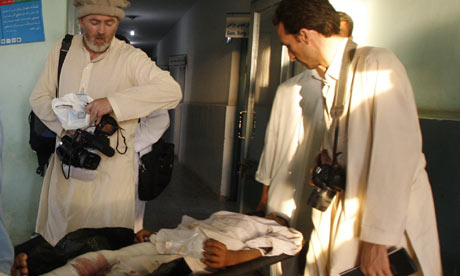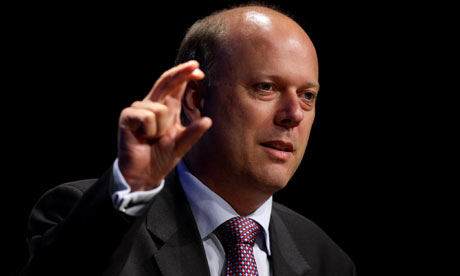It's difficult for a former Tory who has never been a Labour supporter to hazard particularly good guesses, but the key thing today is probably to appeal to his core audience, the Labour conference, and ignore the television one. If commentators and viewers see a Brown on form in front of his own people, and being warmly endorsed by them, that in itself will send a useful message from a party currently considered divided and demoralised. And what would enthuse the brothers and sisters in Brighton? Brown should certainly be playing up his crisis record, and he could couple it with some sharp attacks on the Tories.
Perhaps he should tell them he's happy to stand before them as the man who tried to protect jobs and keep the economy going in its darkest time. He could raise some Tory bogeymen at the same time - at least his government has never legislated against an entire section of the population on the grounds of their sexuality (Section 28); at least he's never sought economic recovery in the violent destruction of whole communities (miners; inner cities under Thatcher); he's tried to build schools ('Building Schools for the Future') not tear them down or hive them off to private enterprise (actually, this last is a bit of a white lie, but he can learn!). And he could engage in a bit of good old fashioned class war - use his personal back story. He knows about trying to survive on modest incomes in a small household. Do we really want to hand our country and our economy over to the wealthy public school elite now running the Tory party? And why not make a self-deprecating reference to the Andrew Marr question about prescription drugs, and maybe turn it on Cameron? Something along the lines of "If I were taking drugs, it would at least be the prescription type, not the illegal type!"
Then, of course, there's the vision thing. He does have to offer a positive reason to stay with Labour in the future. Forget about just tinkering with education - do something big and offer selective schools to all of the inner cities, to benefit the most deprived kids in the country, and lever whole areas out of the trap of poverty and aspirational immobility. What about political re-engagement - take the bull by the horns and offer a referendum on a new electoral system (see the Compass report from yesterday). He could do himself real favours by abandoning the wretched ID cards idea, and the National Safeguarding Council, and reinvest all that money in crime initiatives targeted at inner urban areas - more policemen out on the beat; more and better paid social workers out in the homes and flats; more leisure places for disaffected youngsters. He could even try and recover playing fields for schools, starting with the city schools.
The Tories have two Achilles Heels - the memories of their last time in government (and the sense that, Cameron aside, most of them would revert to cod-Thatcherism as soon as they could), and their lack of really interesting ideas. Brown could hammer them on both today if he chose.











